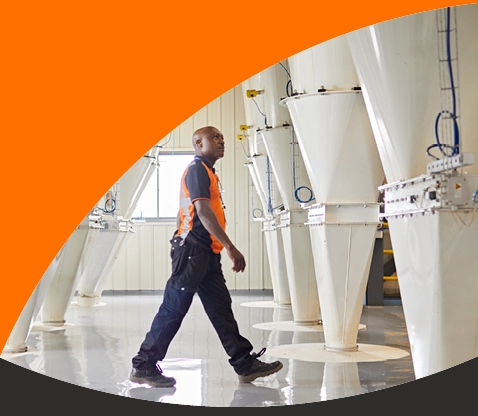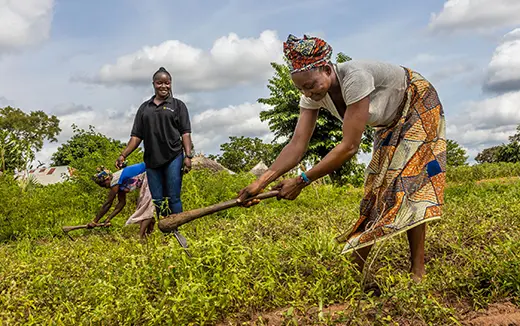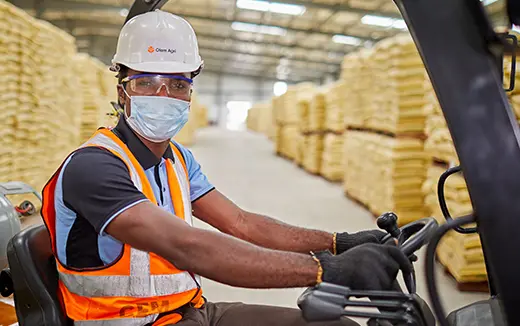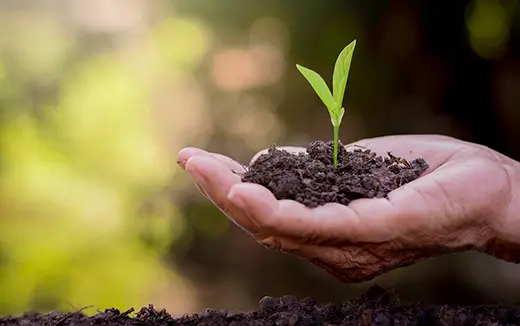Transformations and bold solutions that create value while minimising our ecological footprint.
We are enhancing and expanding our production capabilities and operations to meet the world’s growing demand for food, feed and fibre. Reducing our environmental impact remains a significant focus of our operational excellence strategy, with goals around emissions, waste and water management, and energy.
To best serve the needs of our customers, we focus on transformational solutions and talent that help develop best-in-class efficiencies, optimise our performance and reduce our ecological footprint.
Embedding a Strong Safety Culture

The safety of our employees, and ensuring they go home safe every day, is our priority. We tailor and implement a global safety programme to ensure that every employee, contractor and all those that work with us around the world are equipped with the knowledge, skills and equipment to carry out their work safely. This includes campaigns highlighting the importance of taking action against unsafe acts and the correlation between near misses and incidents, and encouraging employees to actively contribute feedback to help reduce hazards and improve working conditions.

Decarbonising Our Business
We aim to be Net Zero by 2050 and are focused on reducing our Scope 1, 2 and 3 greenhouse emissions. We integrate climate adaptation and decarbonisation into our commercial strategies. This includes assessing carbon abatement technologies for our processing facilities, scaling up existing efforts for wider impact across our business and engaging in collaborations for systemic change.

Optimising Water Use in Our Facilities
We are implementing efficiency measures and investments in our processing facilities to optimise water usage. The use of sensors reduces water consumption in our rubber processing operations in Côte d'Ivoire, while a dry hulling process in our sesame facility in Nigeria saves up to 5,000 litres of water per tonne, amounting to 60 million litres of water saved annually.
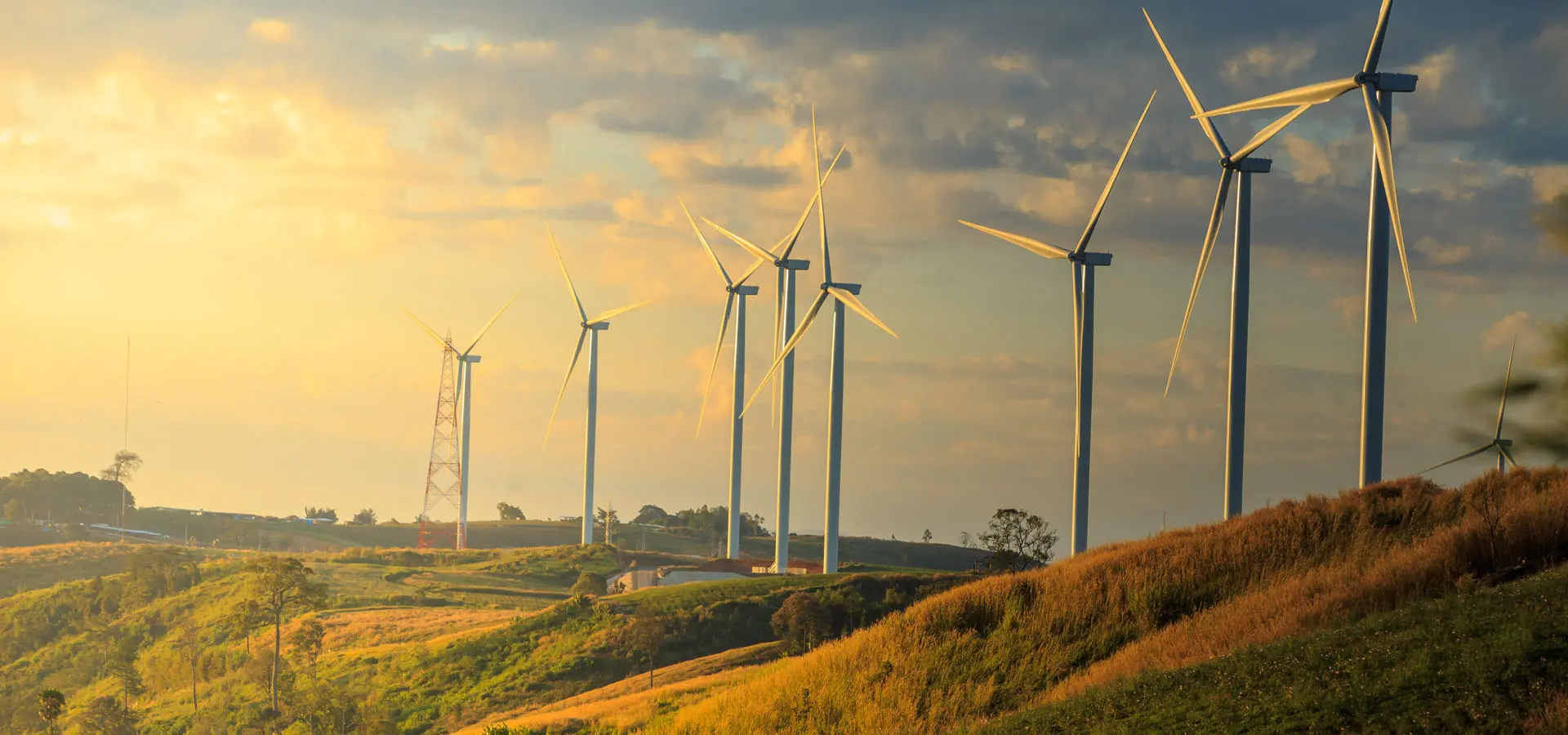
Our Digitally-Enabled Decarbonisation Journey
The ability of a business to measure and track progress on decarbonisation goals is fundamental to tackling the climate challenge. We measure our carbon footprint across the three Scopes – direct emissions from owned or controlled sources (Scope 1), indirect emissions from purchased energy (Scope 2), and indirect emissions that occur in the value chain (Scope 3).
To improve the comprehensiveness and granularity of our footprint measurement, we use Terrascope, a smart platform that enables companies to account for their corporate carbon footprint comprehensively and accurately. This provides us with powerful insights that help us target where to act in our facilities and farms.
Recycling Biomass Waste
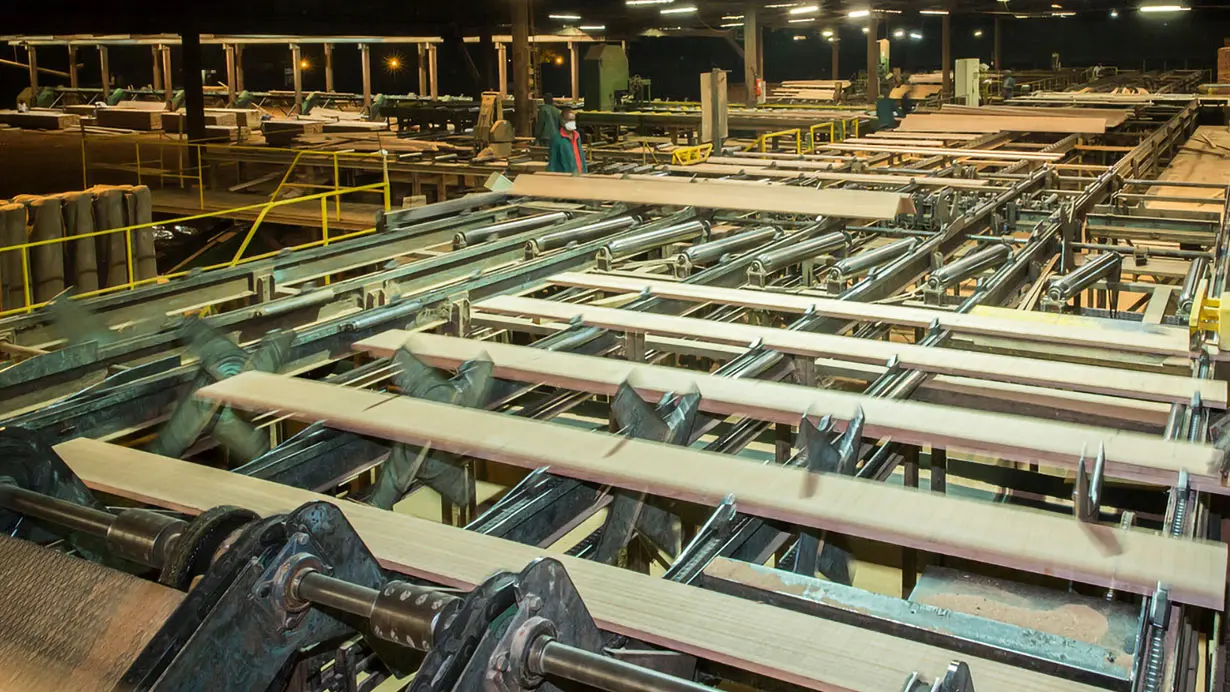
As part of our drive to enhance value add for customers, we’re constantly finding ways to optimise our facilities and supply chains. Biomass waste recycling is one way we achieve this. In the Republic of Congo, our wood processing facility's co-generation plant produces four megawatts of electricity by utilising wood and biomass from sawmills. This energy powers our wood operations and nearby homes in the town of Pokola, ensuring energy security. Additionally, excess steam generated is utilised in kilns for kiln-dried lumber, saving over four million litres of diesel annually. These initiatives help ensure resource efficiency and contribute to sustainable energy practices.



